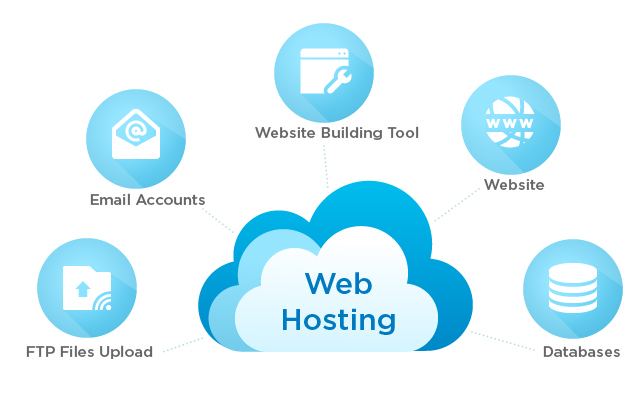When it comes to choosing a hosting plan, the first eliminating factor for any web owner is the budget. In monthly fees, a dedicated server will cost more than a Virtual Private Server (VPS). Therefore, the website owner first needs to choose which monthly investment proves the most feasible. If a person has the means to invest in a dedicated server, the next step in the decision-making process involves knowing the reasons for choosing to buy the hardware. In the same stead, it’s important to know the underlying challenges.
A defining characteristic of a dedicated server is that it’s not shared. That’s reason enough for some people to invest in dedicated hosting because the other two options require shared hosting. The difference between the two shared hosting types, namely VPS vs. shared hosting, lies in that a VPS is a private space on a shared server. In other words, it’s common knowledge that VPS hosting is a clear upgrade from shared hosting. However, a dedicated server isn’t automatically an upgrade. It depends on the business owner’s criteria.
That said, here’s a checklist for any web owner. Through the process of elimination, you can decide which hosting type is right for you. There are specific reasons to choose hosting, including the following:
VPS Hosting
- You have a small to medium-size business
This range serves as an indicator that a VPS will work best for your business. If you do not need dedicated hardware to accommodate thousands of viewers over a large geographical area, a VPS may serve as your best hosting option.
- Guaranteed uptime
With VPS hosting, a team ensures that your site stays available to users. The nature of a VPS hosting is that you’re not solely responsible for mitigating downtime.
- Virtualization
Since the server is virtual, if one part of the hardware goes down, it won’t send everything into a tiff. Moreover, virtualization will safeguard your website, which relates to the point mentioned above. You’re likely to choose a VPS if one of your main concerns is maintaining 100 percent uptime.
- Flexibility
VPS hosting will allow you to scale as needed. If your site gains a lot of visitors, you can upgrade RAM and CPU.
- Root access
You can install software and process a hefty amount of text.
- Guaranteed maintenance
The hosting provider will take care of backups, as well as updating hardware and software.
Dedicated Server Hosting
- Your large business needs to run efficiently for a large customer base.
If you have the budget and expertise to use a dedicated server, it’s a preference for people that need sufficient processing power.
- Enterprise-grade equipment
The hardware is up-to-date
- Administrative control
You have remote access. You can control the throughput, which means using a dedicated hosting will contribute to fast processing. You’ll find that a dedicated server allows for quick downloading.
- Speed
Unlike a VPS, speed isn’t a variable because it isn’t shared. The speed of your website will stay consistent because it’s not affected by other users on the server.
- Security
Since you’re not sharing the server, you won’t fall prey to shared users’ errors.
- Consistency
The CPU, RAM, and bandwidth you sign on with stays the same.
Reasons against choosing a VPS
After perusing the above checklist, you’ll find the reasons for choosing a VPS can prove to be double-edged. By opting for a VPS, you sacrifice complete control over the server. In that way, you’re a bit at the mercy of the company hosting your site. You also have to make peace with the fact that another company could inadvertently cause your website speed to fluctuate. If the function of your site does not rely heavily on speed, you may not mind. For example, if the site does not involve eCommerce, it may not be as pressing to have extremely consistent speed. Moreover, the variation in speed may not seem noticeable and more of just a risk for which to consider.
Reasons against choosing a dedicated server
Since dedicated hardware is not virtual, you will need to consider potential compatibility problems. Moreover, upgrading may prove more of a hassle than a VPS would. A VPS will give you more flexibility if you’re planning to scale. If you do choose to have more power and control with a dedicated server, you’ll want to make sure to cover yourself with a Service Level Agreement (SLA) in case of downtime.







